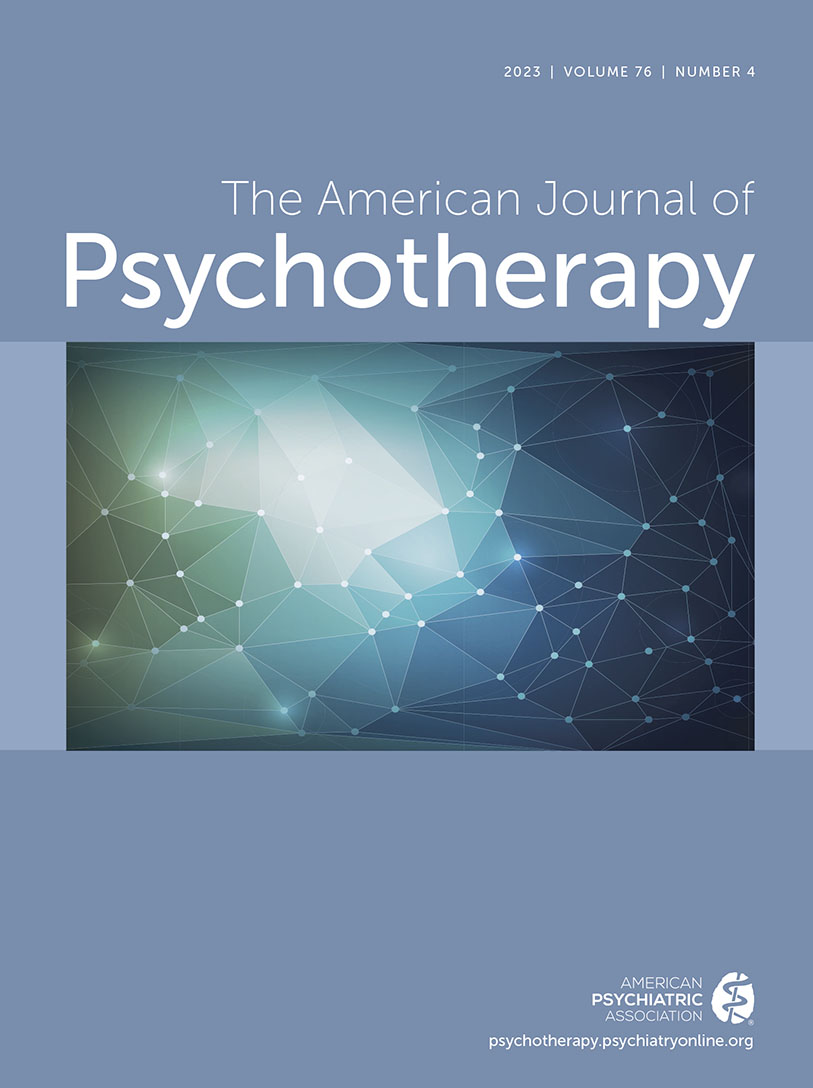Fidelity Assessment of Peer-Delivered Cognitive-Behavioral Therapy for Postpartum Depression
Abstract
Objective:
Fidelity assessment of peer-administered interventions (PAIs) by expert therapists can be costly and limit scalability. This study’s objective was to determine whether peer facilitators could assess the fidelity of peer-delivered group cognitive-behavioral therapy (CBT) for postpartum depression as effectively as an expert psychiatrist or a trained graduate student.
Methods:
Intervention adherence and competence were assessed by three peers (N=9 sessions) and by one expert psychiatrist and one graduate student (N=18 sessions). Interrater reliability was assessed with intraclass correlation coefficients (ICCs).
Results:
ICCs were good to excellent (0.88–0.98) for adherence and competence ratings among the three types of raters (psychiatrist vs. peers, psychiatrist vs. student, and student vs. peers).
Conclusions:
Trained peers may be able to reliably rate the fidelity of a PAI for postpartum depression. This preliminary study represents the first step toward peer-led feedback as an alternative to expert-led supervision of peer-delivered group CBT for postpartum depression.
Access content
To read the fulltext, please use one of the options below to sign in or purchase access.- Personal login
- Institutional Login
- Sign in via OpenAthens
- Register for access
-
Please login/register if you wish to pair your device and check access availability.
Not a subscriber?
PsychiatryOnline subscription options offer access to the DSM-5 library, books, journals, CME, and patient resources. This all-in-one virtual library provides psychiatrists and mental health professionals with key resources for diagnosis, treatment, research, and professional development.
Need more help? PsychiatryOnline Customer Service may be reached by emailing [email protected] or by calling 800-368-5777 (in the U.S.) or 703-907-7322 (outside the U.S.).



